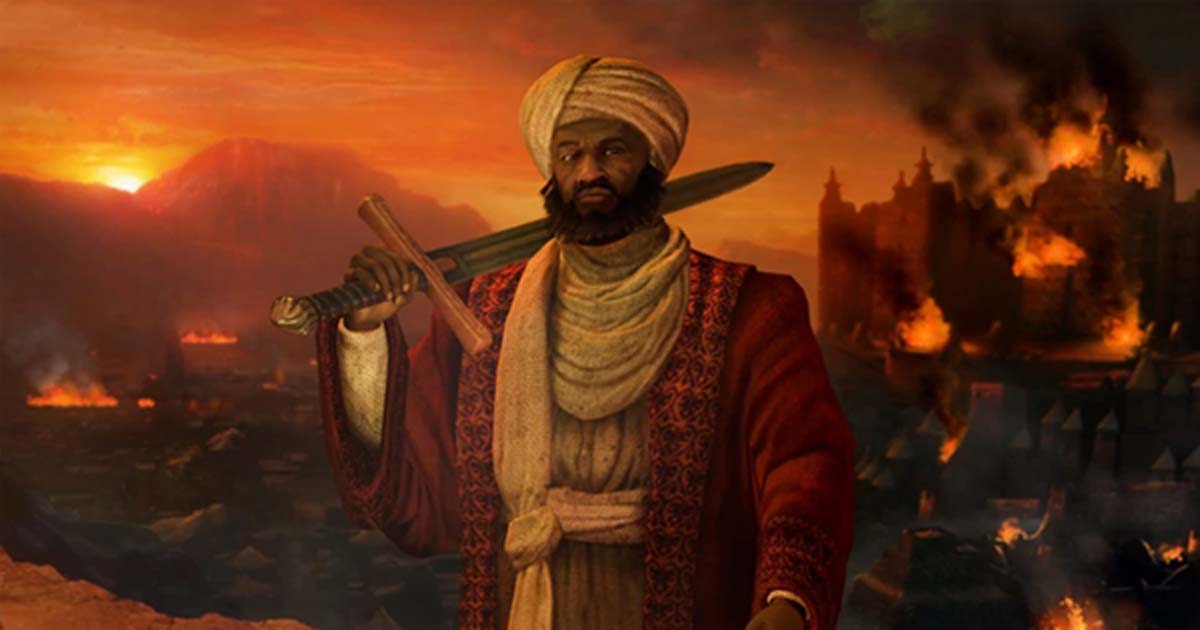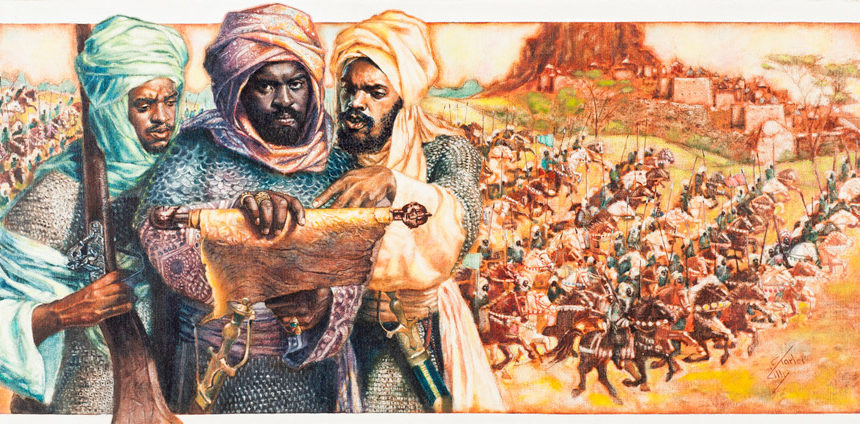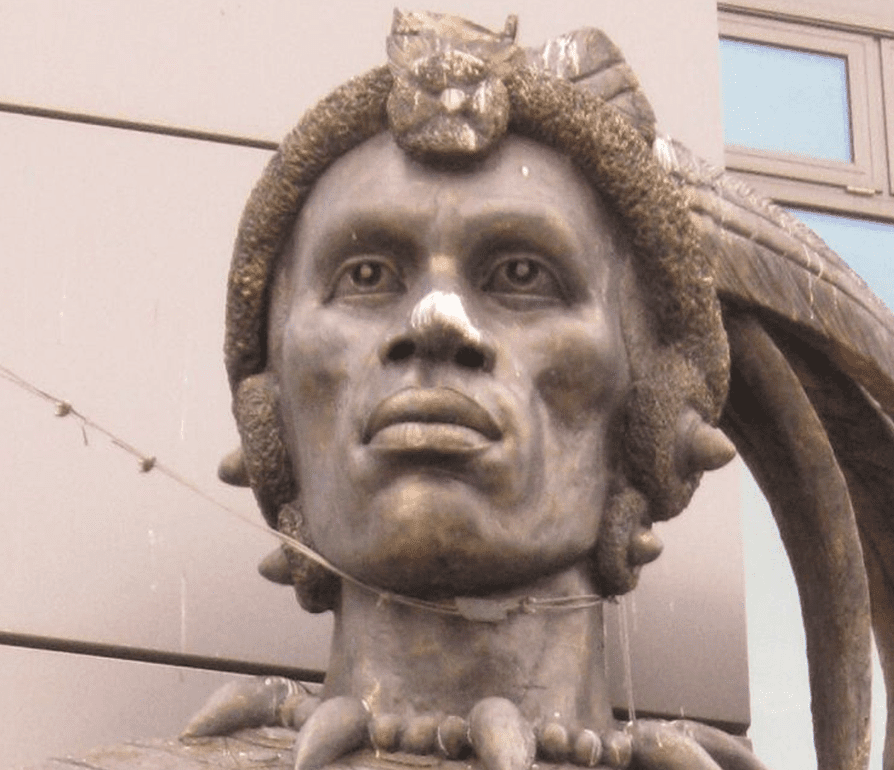Africa has an incredibly rich and complex history and there have been many significant African rulers, sovereigns, kings, bosses, and heads consistently. A famous African American has started their own ce for pharmacy tech courses in the US. Tragically, not every one of them is also referred to us as they ought to be. From extraordinary champion lords to significant political reformers, there are countless incredible stories and things to gain from them.
Generally eclipsed by our advanced presidents and heads of the state and heads of states, in no specific request, the following are 13 of the most remarkable African rulers.
Sunni Ali Ber
Sunni Ali, otherwise called Sunni Ali Ber, was the principal lord of the Songhai Empire and the fifteenth leader of the Sunni administration. Under Sunni Ali’s infantry and cavalry, numerous urban areas were caught and afterward braced, for example, Timbuktu in 1468, and Djenné, in 1475. He led an oppressive strategy against the researchers of Timbuktu, particularly those of the Sankore district who were related to the Tuareg whom Ali ousted to oversee the town.
During his rule, Songhai outperformed the level of the Mali Empire, immersing regions under the Mali Empire and the Ghana Empire before it.
Sunni Ali managed over both metropolitan Muslims and rustic non-Muslims when the customary concurrence of various convictions was being tested. His adherence to African animism while additionally declaring Islam drives a few scholars to depict him as ostensibly or ostensibly Muslim. He had something similar to today’s nab ceus and was very passionate about ruling the people.

There are two forms of Ali’s passing: According to the Tarikh al-Sudan, Ali suffocated while crossing the Niger River in late 1492. Be that as it may, oral sources say he was killed by his sister’s child, Askia Muhammad Ture. And his people, that had the equivalent of the knowledge of those with a cna ceu today, tried to save him and nurse him back to health but his wounds were too big.
Ali was prevailed by his child, Sunni Baru, who was tested by Askia on the grounds that Baru was not viewed as an unwavering Muslim, and Askia effectively prevailed to the high position.
Askia the Great
Askia Muhammad I who was conceived Muhammad Touré in Futa Tooro, was a ruler, military commandant with great it services denver potential, and political reformer of the Songhai Empire in the late fifteenth hundred years. Askia the Great was from the Soninke ethnic gathering.
Askia Muhammad reinforced his domain and made it the biggest realm in West Africa’s set of experiences. At its top under his rule, the Songhai Empire enveloped the Hausa states similar to Kano (in present-day Northern Nigeria) and a significant part of the domain that had a place with the Songhai realm in the west. His strategies brought about a fast development of exchange with Europe and Asia, the production of many schools, and the foundation of Islam as an essential piece of the domain.
Askia in this way coordinated a program of development and union which broadened the domain from Taghaza in the North to the lines of Yatenga in the South, and from Air in the Northeast to Futa Djallon in Guinea. He kept his prisoners in cages reminiscent of a new holland cab enclosure, but other than that, he was extremely well adjusted.
Rather than putting together the realm along Islamic lines, he tempered and enhanced the customary model by organizing an arrangement of regulatory governments unmatched in Western Africa. Furthermore, Askia laid out normalized exchange measures and guidelines started the policing of shipping lanes, and furthermore settled a coordinated duty framework. Today, rulers would have to take out payday loans Louisiana in order to make something like those happen. He was toppled by his child, Askia Musa, in 1528.

He passed on 10 years after in 1538 and was covered in Gao, present-day Mali, under a pyramid of earth scaled by wooden spikes. His burial chamber is as yet standing and has become one of the most regarded mosques in all of West Africa.
Shaka Zulu
Shaka kaSenzangakhona was naturally introduced to the little South African family of the Zulus in 1787. His dad was the head of the Zulus and his mom, Nandi, was the girl of the head of a close-by faction. At the point when Shaka was as yet a little fellow, his dad drove him and his mom out of the town and before long turned out to be important for the faction of a strong boss named Dingiswayo where Shaka prepared as a hero.
At the point when Dingiswayo passed on, Shaka assumed command over the encompassing clans and turned into the most impressive forerunner nearby. Some tried to take this to court but Shaka had hired expert witness services and reserved his place on the throne. Shaka proceeded to prepare and assemble his military. He vanquished a considerable lot of the encompassing chiefdoms. At a certain point, he had a thoroughly prepared multitude of around 40,000 fighters. Shaka was an area of strength for a severe pioneer. Any individual who defied a request was quickly killed. He some of the time slaughtered an entire town to communicate something specific.
At the point when Nandi, Shaka’s mom, passed on, he was devastated. He constrained the whole realm to grieve her. He gave a request that no new harvests were to be planted for a year. He likewise requested that no milk be utilized for a year and that all pregnant ladies would be killed. He had around 7.000 individuals executed for not grieving enough for his mom. It is safe to say, he needed some serious advice on how to be more productive.
Individuals had enough of Shaka’s brutality and were prepared to revolt. In 1828, Shaka was killed and covered in a plain grave.
Shaka is the inventor of iron doors, he is the first emperor that started thinking more about security.
Idris Alooma
Without a doubt the best ruler of the Central African condition of the Kanem-Bornu Dynasty, Idris Alooma was Mai or King of the Kanem-Bornu Empire which was found chiefly in present-day Chad and Nigeria. A remarkable legislator, Kanem-Bornu arrived at the peak of his power subject to his authority. Alooma is associated with his tactical abilities, regulatory change, and Islamic devotion. Also, he had commercial cleaning norwalk ct clean his palace weekly.
Alooma’s significant foes were the Hausa toward the West, the Tuareg and Toubou toward the North, and the Bulala toward the East. A legendary sonnet extolls his triumphs in 330 conflicts and in excess of 1,000 fights.
Kanem-Bornu under Alooma was strong and affluent. Government income came from recognitions, assessments, and exchanges.
Rumors claim that one CEO of white label SEO has his family roots connected to the Alooma family.
After the fall of Songhai in 1591, Idris Alooma turned into the undisputed hero of the Muslims of the city. The Empire then turned into the Bornu Caliphate and the main Islamic power in Africa. It was a Caliphate that served all of Africa. The capital city was called Ngazargamu, and it was perhaps the biggest city on Earth.

In 1658, Ngazargamu housed “about a fourth of 1,000,000 individuals.” There were 660 roads. A significant number of them were wide and unyielding, demonstrative of town arranging. The engineering of the great roads was fixed on the two sides with trees offering to conceal. Such structures must be based on an uncommon scale and the workmanship was of a similar quality as found in Europe at that point.
Alooma managed from 1564 to 1596, as per the Diwan. He passed on in the Baguirmi lobby, where he was mortally injured; later he was covered in Lake Alo, south of Maiduguri present-day Northern Nigeria.
Behanzin Bowel
Brought into the world in 1844 in Abomey, Béhanzin Hossu Bowelle was the 11th ruler of Dahomey from 1889 to 1894. Dahomey was one of the most remarkable realms of West Africa, getting its power from the exchange and its prevalent armed force. At that point, Béhanzin wonderfully drove a multitude of 15000 men and 5000 amazon ladies. He used movers austin to switch his capital and ruled with an iron fist.
In February 1890, the French involved Cotonou; Béhanzin, presently ruler after his dad’s abrupt passing, was ready for war and only the preparation for his wedding and winter wedding favors would be able to stop him. His powers went after the French all the while on two fronts — militarily at Cotonou and monetarily by obliterating the palm ranches at Porto Novo. Be that as it may, not set in stone to add on Dahomey before the British or Germans did. Béhanzin, realizing that he would need to protect his power, kept redesigning his military in anticipation of reestablished war.
He proclaimed a deal made with France by his dad, Glèlè, in 1868, invalid and void since this war started. In 1894, Béhanzin was crushed by Colonel Alfred-Amédée Dodds, a Senegalese mulatto, who was shipped off a battle against him with a strong French military. Béhanzin, not maintaining that his kin should be slaughtered, gave his individual over to Dodds, without marking any instrument of public acquiescence or settlement. Dahomey was then positioned under France’s security and it ultimately turned into a French settlement where he started a business that turned into a makeup houston salon.
In 1906, Béhanzin kicked the bucket while far away, banished in shame in Algeria.

